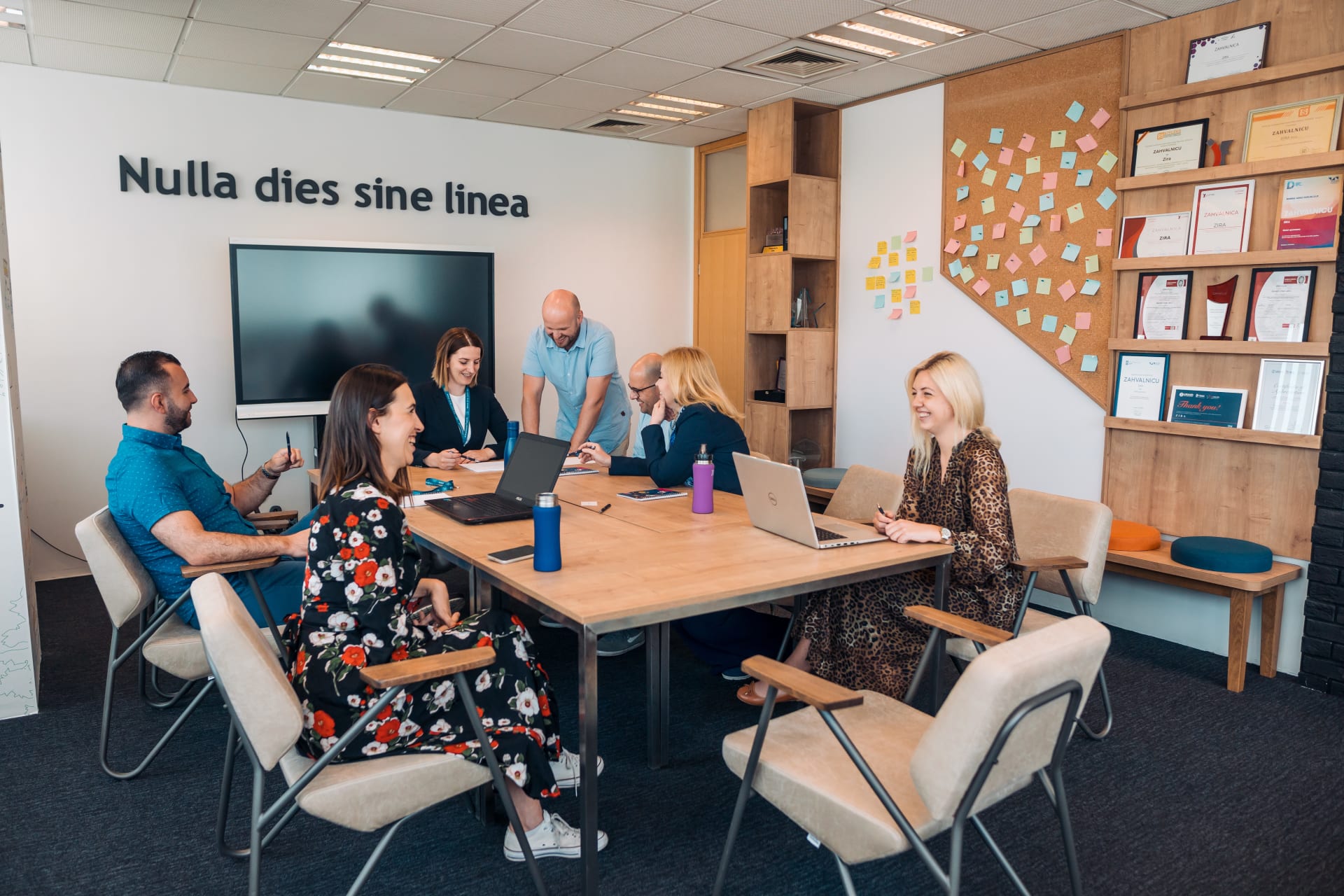
Mentorship is an important part of our company culture, especially during the onboarding phase. Mentoring requires a lot of effort and preparation.
It takes time, patience, and commitment. But so does growing in a future career.
The purpose of mentoring is to tap into the existing knowledge, skills, and experience of senior or high-performing employees and transfer these skills to newer or less experienced employees in order to advance their careers.
The purpose of mentoring is to connect an individual who has a lot of knowledge and experience with someone who hasn’t gained the same knowledge or experience.
Whether in a professional career or life, having a mentor is crucial to all of our continued growth and development. It is a two-way process.
But if it works the way that it is meant to, both the mentor and the mentee will benefit from the experience. The mentor benefits because they can lead the future generation in an area they care about and ensure that best practices are passed along; meanwhile, the mentee benefits because they have proven that they are ready to take the next step in their career and can receive the extra knowledge needed to make that advancement.
Overall, mentoring is not just about sharing technical knowledge, experience and connections. It's more than that. It's a responsibility that all of us carry: to support each other on our journeys and help our colleagues to reach their full potential both as engineers and as human beings.
One day, the mentee might use this experience to mentor someone. Because it is important to pass along the learned lessons to others. That is how we will continue to benefit and grow from this important relationship.
To all the mentors out there: Happy #InternationalMentoringDay! #WeMakeITwork #IamZIRA

